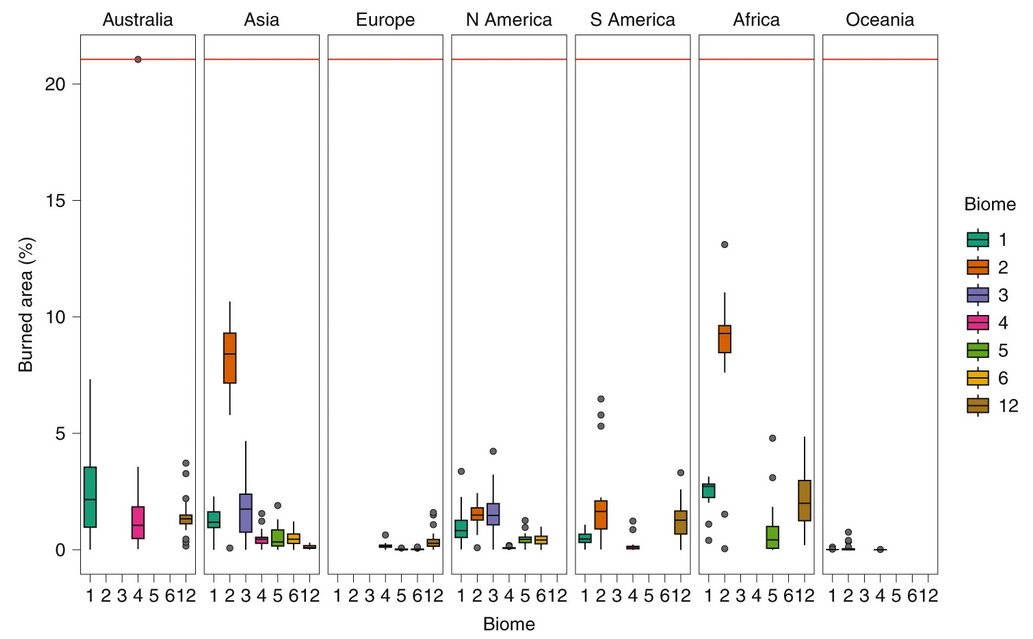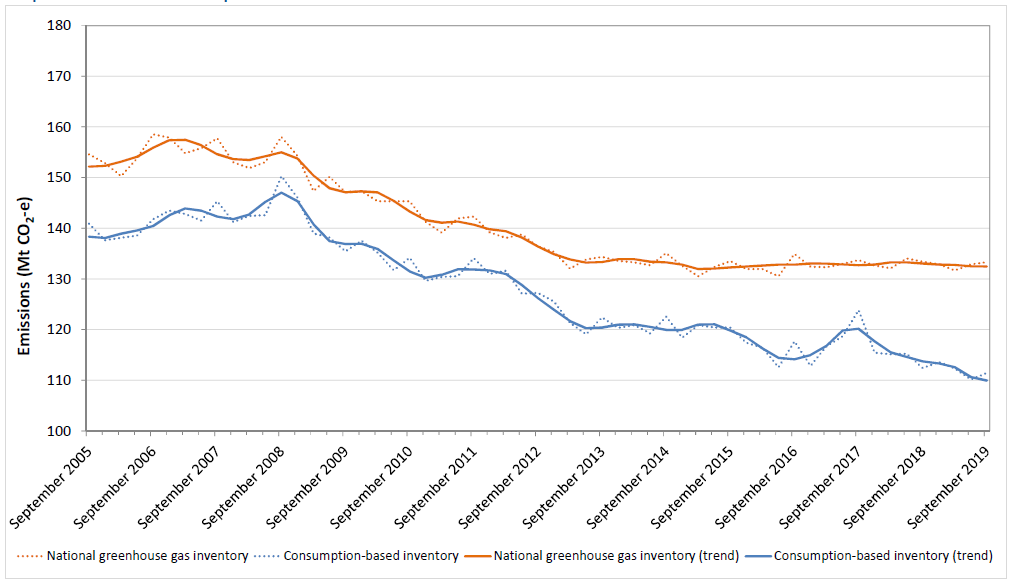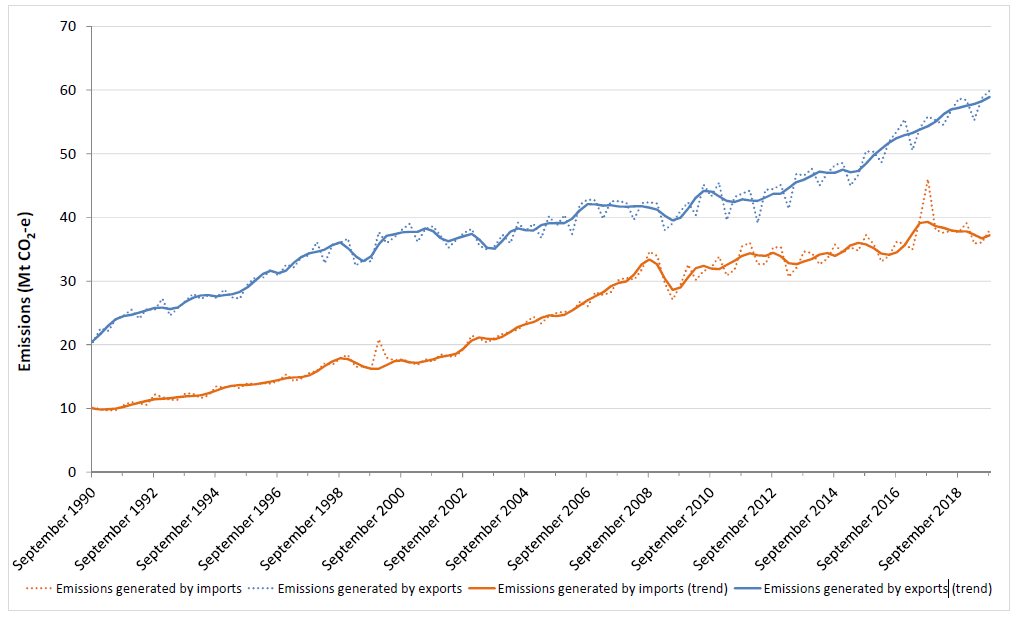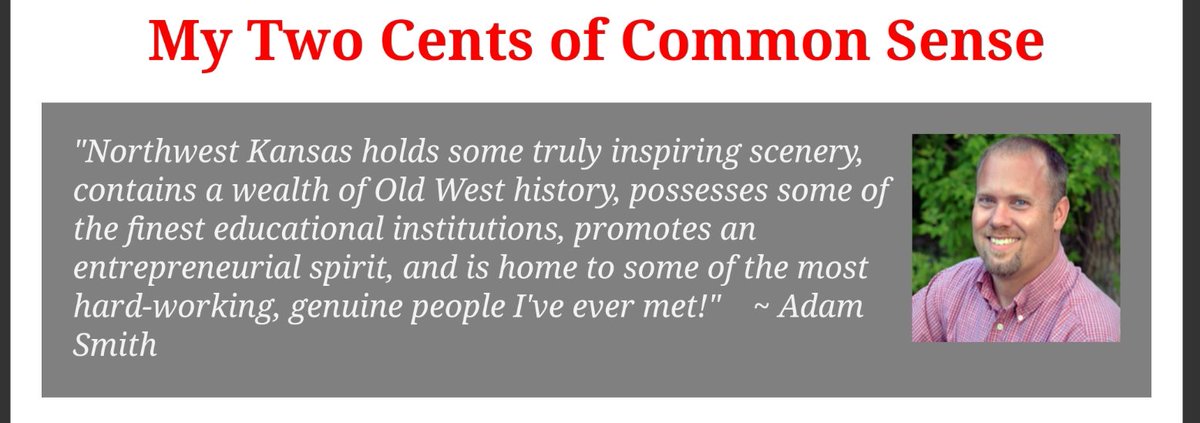There is a new comment out calling for the use of more extreme scenarios.
I agree with many arguments made, the problem is, the literature is full of extreme scenarios...
(this thread is a little tongue-in-check, but also serious)
1/
rdcu.be/b1OcE
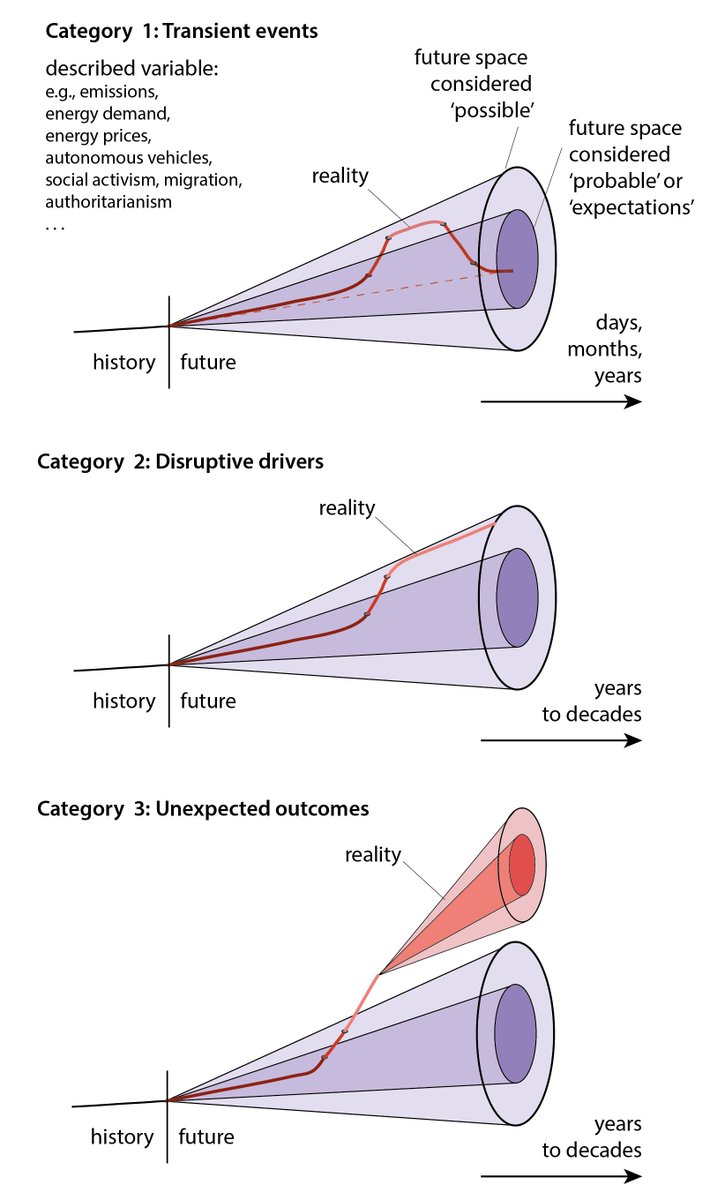
Nearly all scenarios have extreme negative emissions, perhaps we could have something more 'normal'?
science.sciencemag.org/content/354/63…
2/

@NB_pik also points out that models are not so good on integration costs & other aspects either
6/
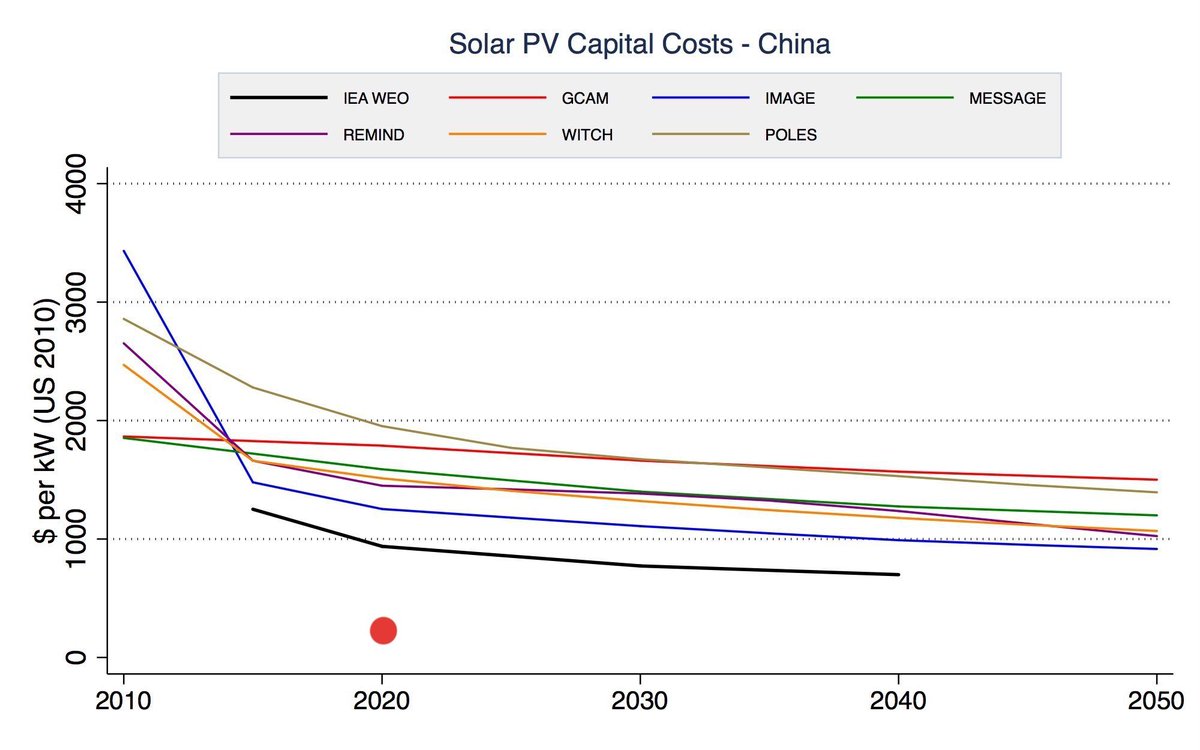
Basically, most days I feel like I am screaming into an empty void: Can. We. Please. Have. Some. Normal. Scenarios.
Now there is a call for *more* extreme scenarios?
Ok, now to where I agree with the paper...
7/
Most models seem rather weak on demand modelling. Most mitigation happens on the supply side, not the demand side. The LED scenario fills that gap (one scenario).
rdcu.be/bPgJr
8/
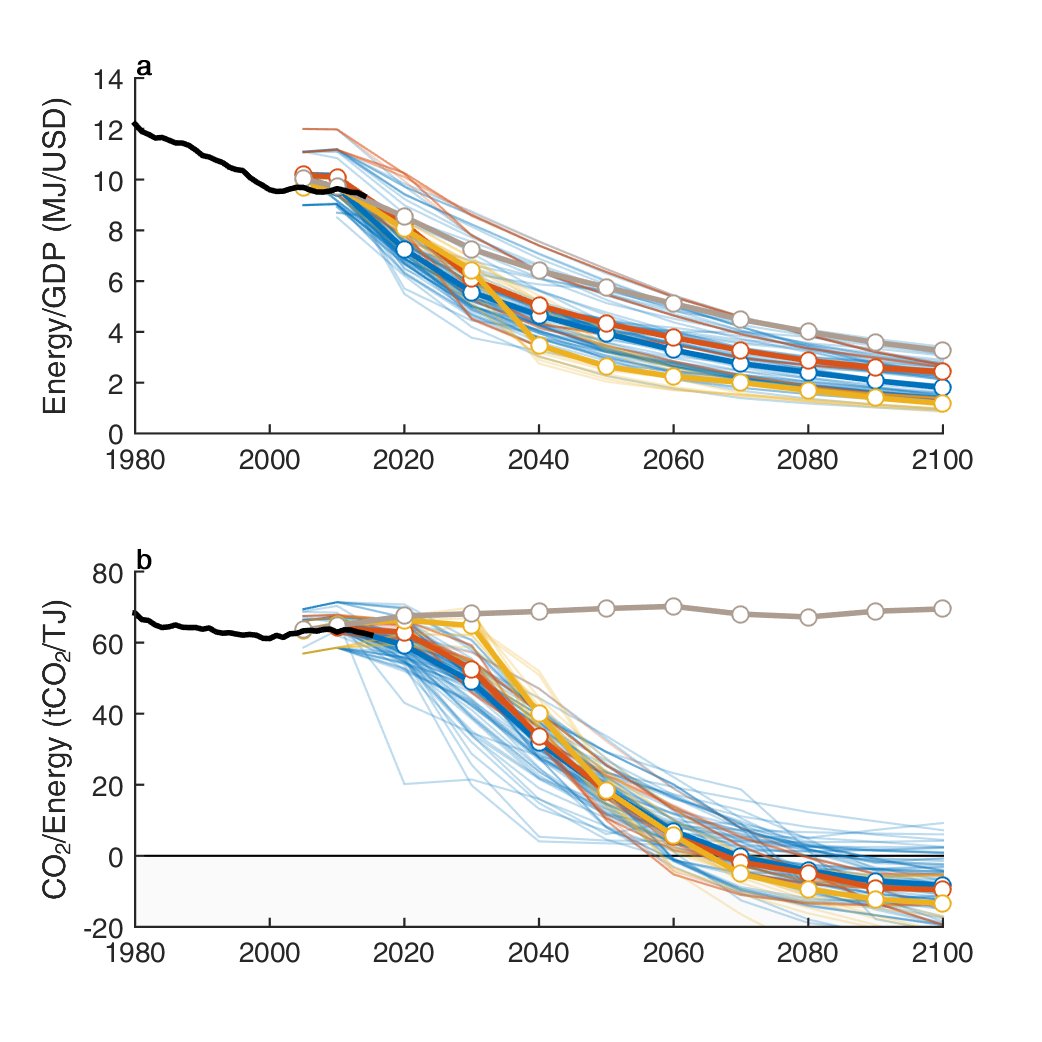
GDP growth is very high compared to history, no degrowth scenarios (also see doi.org/10.31235/osf.i…)
9/
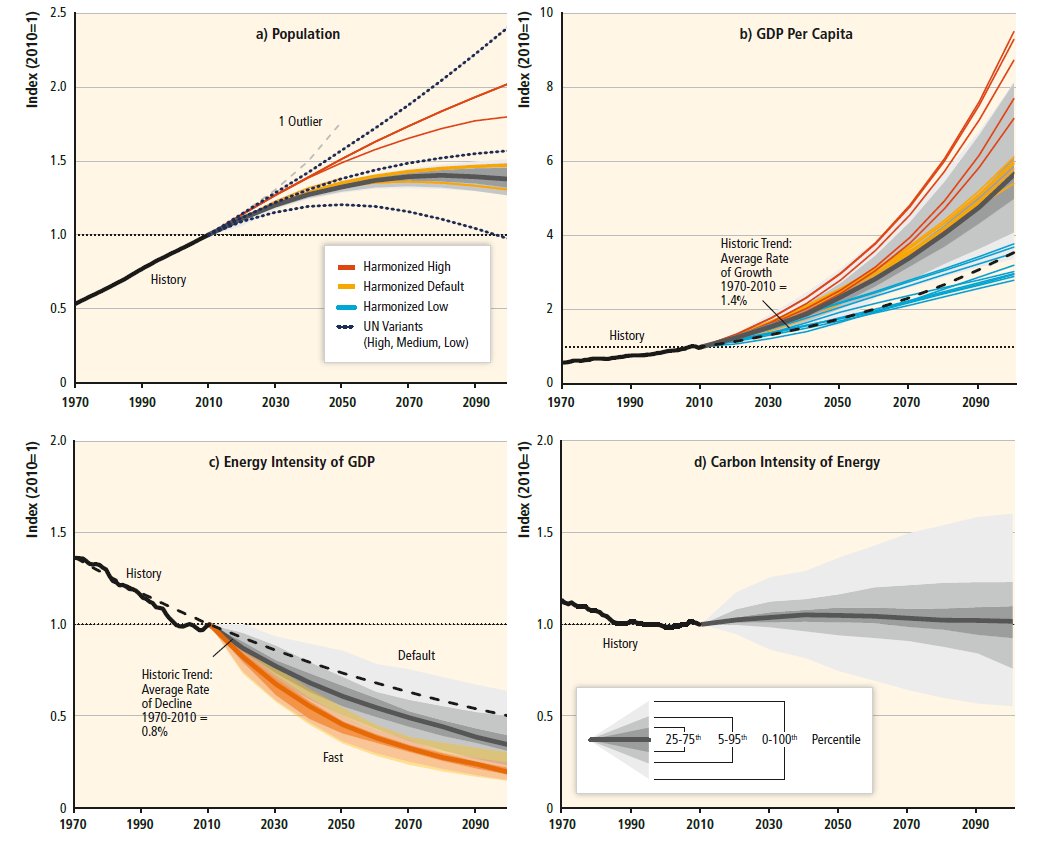
Glass half full, glass half empty?
rdcu.be/b1OcE
10/10





